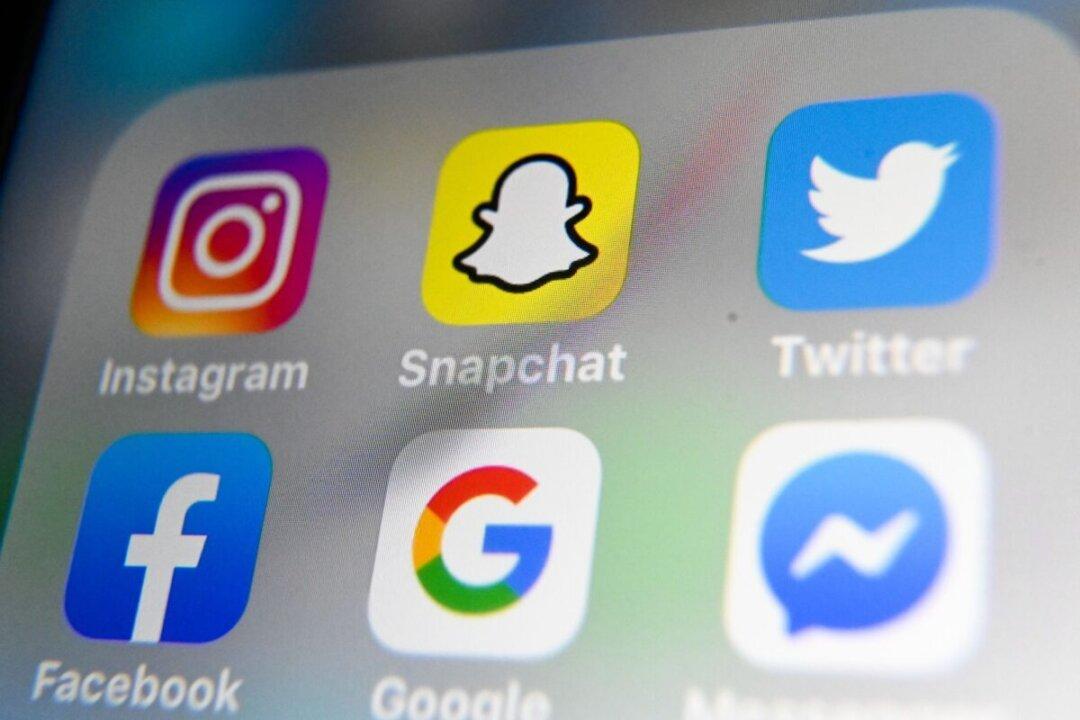The American Psychological Association (APA) recommends parents actively engage in monitoring their teenage children’s social media activities and carefully consider their own use of social media in their children’s presence, according to its latest health advisory.
Amid mounting concerns about how social media access to teenagers has led to rises in depression, anxiety, and self-harm, the national organization of psychologists on Tuesday issued its first-ever health advisory on social media use.





